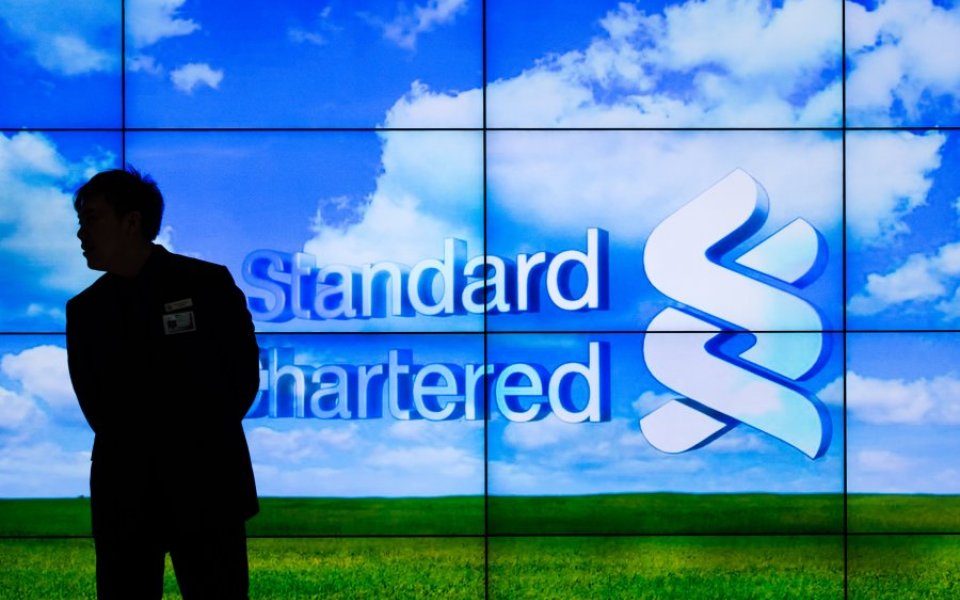Standard Chartered results: Investors are backing Bill Winters while analysts raise red flags

Standard Chartered may have posted another “disappointing” set of results, but the Asia-focused bank’s biggest investors are enthusiastically backing new chief executive Bill Winters.
Winters announced earlier today that he planned to axe 15,000 jobs and raise $5.1bn (£3.3bn) in capital, as the bank posted an operating loss of $139m in the third quarter.
Revenue had slumped 18 percent year-on-year, the fifth successive quarter of falling revenue for the bank.
Winters, a former JP Morgan investment banker who took over from the previous chief executive Peter Sands at Standard Chartered in June, also said that he was scrapping this year’s dividend. He described the radical restructuring and cost-cutting efforts as an “aggressive and decisive set of actions” to help stabilise the bank.
Standard Chartered said that Singapore’s sovereign wealth fund Temasek, its largest shareholder with a nearly a 16 per cent stake, supported the rights issue and would help to underwrite the fundraising.
The rights issue is expected to be launched launched Thursday at a price of 465p per share, a 35 percent discount to its last traded price in London. Two new shares will be issued for every seven existing shares.
Aberdeen Asset Management, the bank’s second-largest shareholder, also backed the rights issue, with managing director Hugh Young saying: “Standard Chartered’s management is taking the right steps to address the bank’s problems.”
“The plan outlined seems sensible and it is clear where the bank now wishes to focus its business,” Young added. “We have been encouraging the bank to put its capital position beyond doubt, so we are supportive of the rights issue.”
But analysts were less convinced.
UBS analyst Stephen Andrews wrote in a research note that the proposed overhaul was “one of the most significant repositioning of a large financial group we have seen”.
“The aim is to reposition the group away from low-return corporate banking toward higher-return retail/wealth management businesses,” Andrews said, adding. “It will also take several years to achieve; there is no quick fix.”
Meanwhile, Joseph Dickerson from Jefferies said: “Poor underlying performance is the real story today despite the strategic review.”
“The bank has not raised enough capital in our view – today’s capital raise is the exact amount raised in 2010 – it was not enough then and is unlikely to be now.”
Dickerson went on to say that he was maintaining the bank’s “underperform” rating.
“The underlying business trends are poor, the capital raise and restructuring are fraught with execution risks, the group chief executive and finance director have no experience in such an undertaking, US conduct fines could cost from zero to several billion dollar, Standard Chartered does not yet know its result in the forthcoming UK bank stress test and the bank has not raised enough capital.”
Standard Chartered shares fell nearly 9 per cent in early morning trading, recovering slightly to close down 6.67 per cent, at 666p per share. Shares have fallen 32 percent this year.